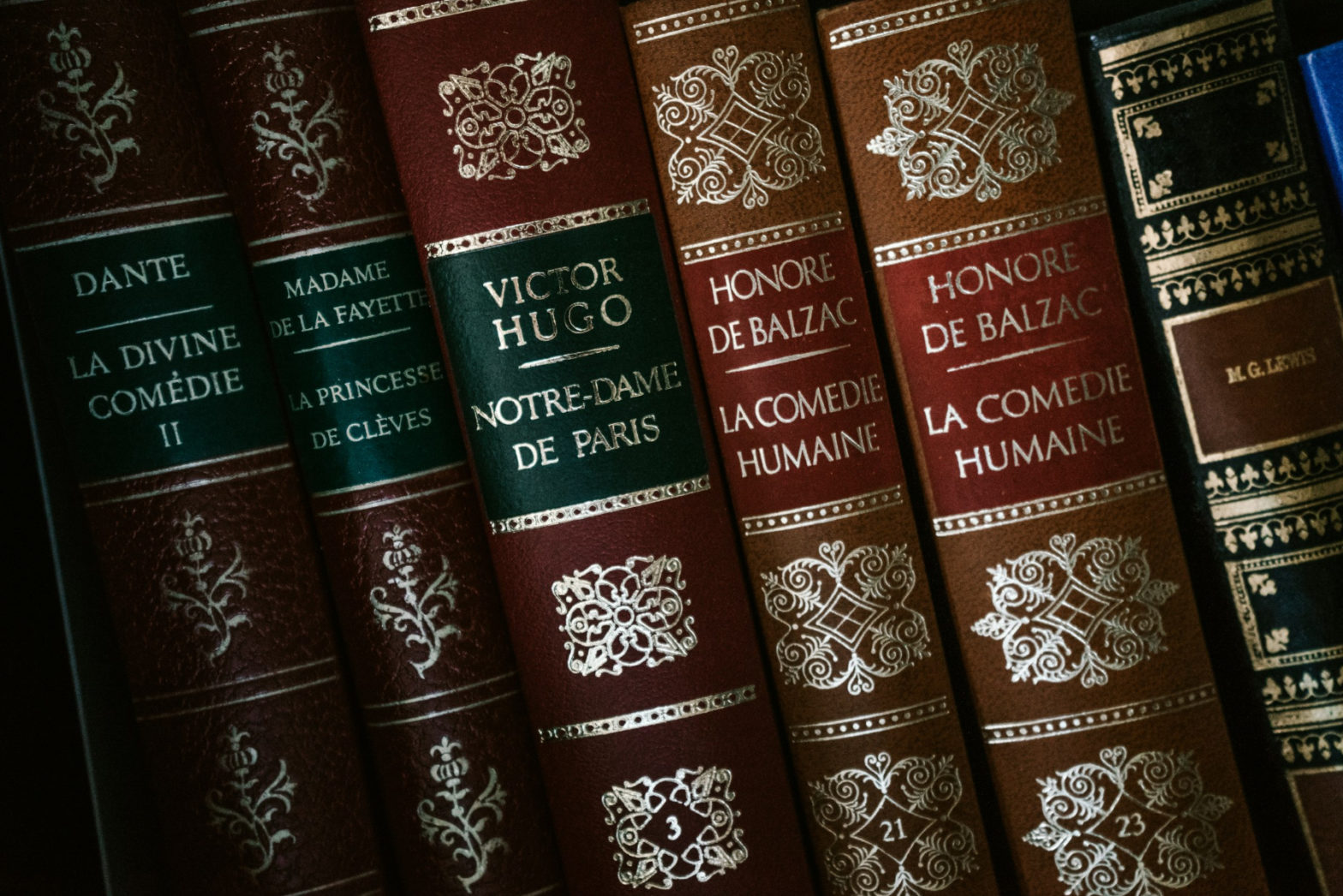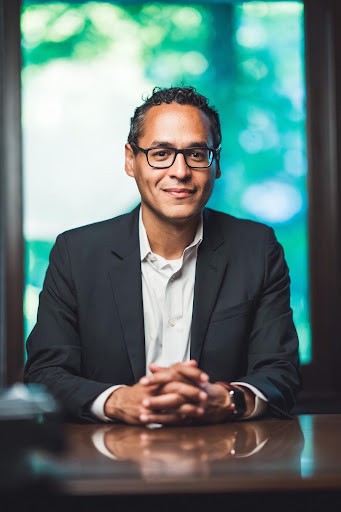In order to answer this question of “why study the classics,” first we must define “the classics.” Wai Chee Dimock, English professor at Yale University, states in her article for The New York Times, “classics are classics because we aren’t done with them yet,” or to put it another way, classics are classics because they have stood the test of time (also, to clarify, the classics can be any type of text—written, visual, architectural, etc).
I ask this question instead of “do the classics still matter/are they still relevant” because I believe the classics are still very important and relevant, and therefore should be studied. When confronted with the idea of “the classics,” many people ask, “what sense can I make, and how, of a centuries old book” or “what value could there be in reading this and thinking about it,” and many come to the conclusion that there is no value, so therefore there is no need to make sense of it, or that they can not make sense of it, so therefore there is no value.
As part of the NEA Big Read Lakeshore’s program in 2022, we invited Dr. Roosevelt Montas, Senior Lecturer at Columbia University, to come and talk about his book Rescuing Socrates: How the Great Books Changed My Life and Why They Matter for a New Generation. In his talk, as well as in his book, Montas discusses the importance of liberal education which hinges on the importance and study of the classics; he states, “liberal education should be based on discussion and reading of ‘important books’.” He also makes the point that traditionally the classics have only been accessible to the people with the most privilege and power, and they have then been able to maintain their privilege and power by excluding others from having access to the classics creating this perpetuation cycle of privilege and power only going to certain people.
As an immigrant from an impoverished family, Dr. Montas understands this cycle all too well, and so when he entered college, he was determined to break it. To help combat this cycle for others, Dr. Montas directs the Freedom and Citizenship Program which introduces low-income high school students to the Western political tradition through the study of the classics. His position is that one can not have a prosperous society without everyone being educated in the liberal arts/classics, since “liberal education can never be too far from freedom.” Unfortunately, too many people have been excluded from this, and so, as Dr. Montas claims, we need to have an education system that is based on our foundation of freedom, which includes the study of the classics. Dr. Montas states in his book, “Ancient articles of faith, for instance, like ancient myths [or, the classics in general], may strike us as simplistic and misguided, at odds with our own perceptions and certainties. Yet they often contain deep human truths, even if clothed in language we no longer understand or grounded on metaphysical assumptions we no longer share,” and some of these human truths help us answer the big questions of life such as “what is the purpose of life” and “what does it mean to truly live?” Each classic may hold a different answer to these questions or explore multiple answers, but each classic allows readers to wrestle with these questions from his/herself, and explore different answers, and even eventually come to his/her own conclusion. In this way, the classics go beyond questions of survival and instead ask questions of purpose. Our condition as human beings brings a subjection condition of freedom: one, that you can not know what you will see if you look honestly as yourself, two, self-reflection is an act of self-transformation, and three, activity of seeing yourself and reflecting changes you as a person. You, and only you, can work out what is worth pursuing in life, and the classics help you work this out—“liberal education [aka the study of the classics] has the power to transform an individual’s life…. [It] rearranges everything you know and alters the internal proportions of your soul,” and therefore maintains freedom in our society.



